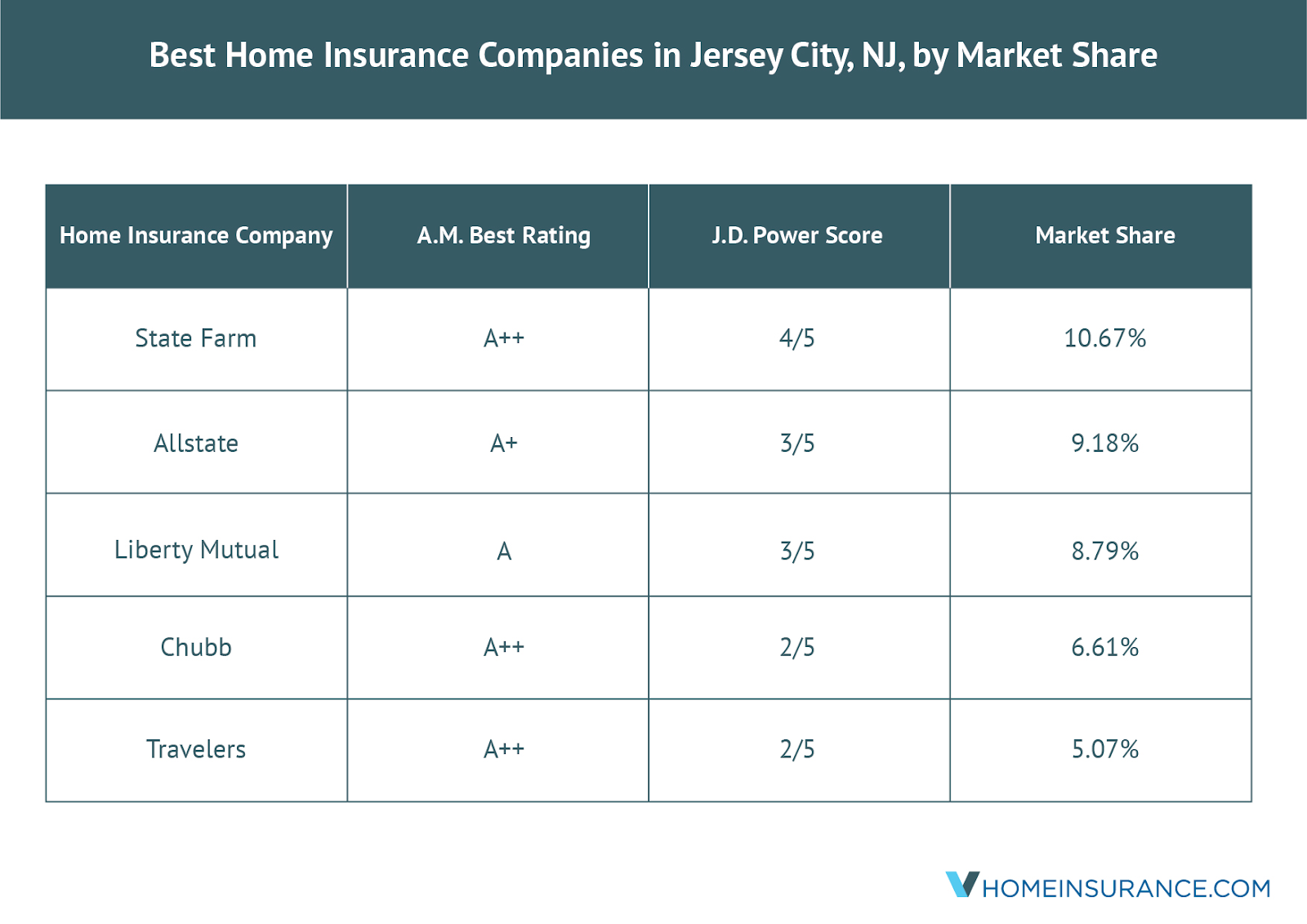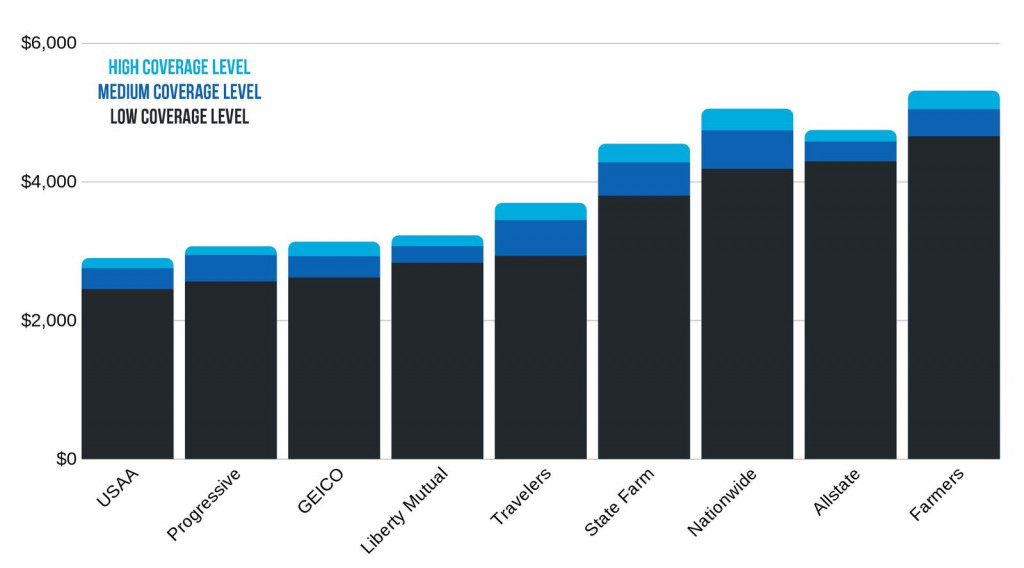
In an emergency, medical insurance can pay for the costs of medical treatment. This insurance may not cover you for visits to out-of-network hospitals. Although the out-of network hospital does not require approval from your insurance company prior to using its services, there are certain rules and deductibles you need to be aware of.
Catastrophic insurance coverage
Catastrophic coverage plans provide emergency medical care in the case of a disaster. These policies cover covered medical expenses up to the deductible, but the catastrophic plan covers the entire bill if you are admitted to hospital or have surgery. In addition to emergency coverage, such plans include free preventive care and primary care visits.
For those who do not have major medical coverage, catastrophic coverage for emergency insurance can be a good choice. Catastrophic health insurance plans are usually affordable and require lower monthly premiums. They may have higher premiums and deductibles than traditional insurance plans, but they are typically not as costly as traditional medical coverage. They're best for individuals who can't afford premiums or are uninsured.

Catastrophic travel medical insurance
You might consider a catastrophic plan if you are searching for low-cost travel medical insurance. These plans provide low monthly premiums with high deductibles. They are a great way of protecting yourself in the worst-case scenario. But, you must keep in mind that you will still have to pay for all medical expenses until you reach your annualdeductible. It is usually around a few thousand.
A catastrophic travel insurance plan for medical purposes may be affordable, but it may not be the best choice for everyone. Basic catastrophic plans are only for emergencies and may not suit chronic conditions. These plans may not be appropriate for seniors who need regular medical supervision. They may not provide preventive care services, like an annual check-up.
Temporary non-immigrant coverage
Emergency medical insurance is available to temporary non-immigrant residents of the U.S., including undocumented aliens and students. This policy covers emergency medical conditions that require immediate medical attention. The policy does not include preventive care. If you are unsure about your eligibility, enroll in preapproval. This will allow for you to get a pre-approval letters up to 12 month in advance. Call 311 for more information or to register online. You will also be required to prove your identity, income, and state residency.
Additionally, some temporary non-immigrants may be eligible for Medicaid emergency care. They will need to prove their immigration status via the USCIS. Even though the documents might have expired, it will not stop you from getting emergency medical attention.

Emergency medical insurance includes cost sharing
If you require emergency medical treatment but don't have appropriate insurance, you might have to pay out of network fees. This applies to emergency services, hospitalizations and emergency rooms. Emergency room costs include the hospital bill and bills from doctors and other providers who are not in-network. It covers in-hospital services, such anesthesia and pathology, provided by doctors that are not in the network.
Most health plans have some form of cost-sharing, or out-of-pocket costs. These costs can vary depending on which type of plan you have and what service you are using. Cost sharing is generally in the form a copayment or coinsurance. The policy will detail the copayments, deductible amounts and any copayments. You may also need to pay an additional copayment for visits to emergency rooms.